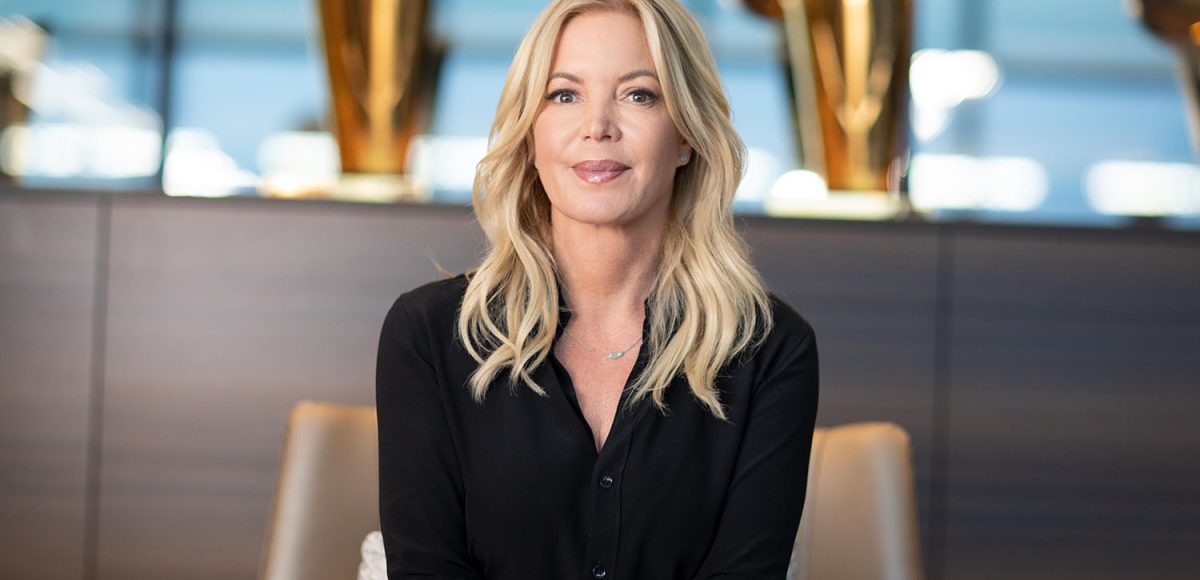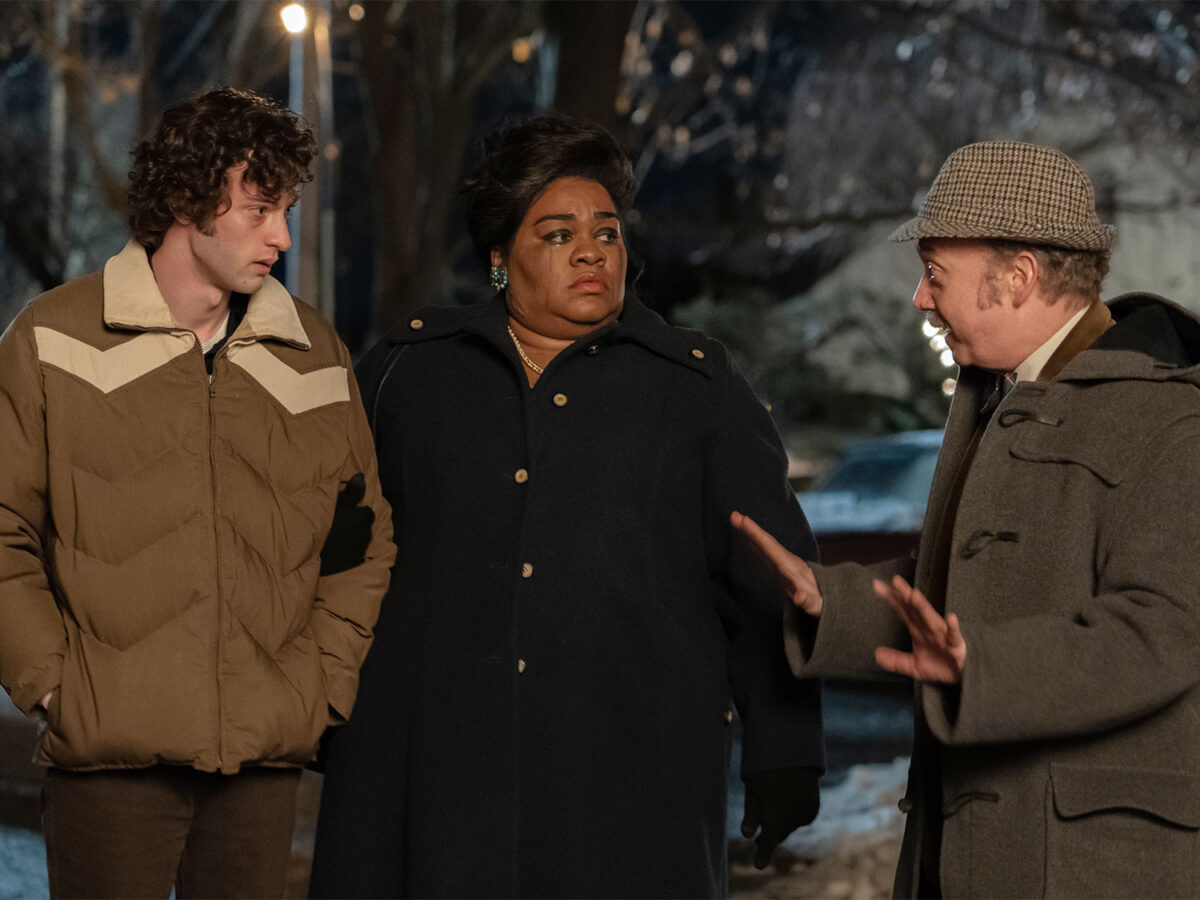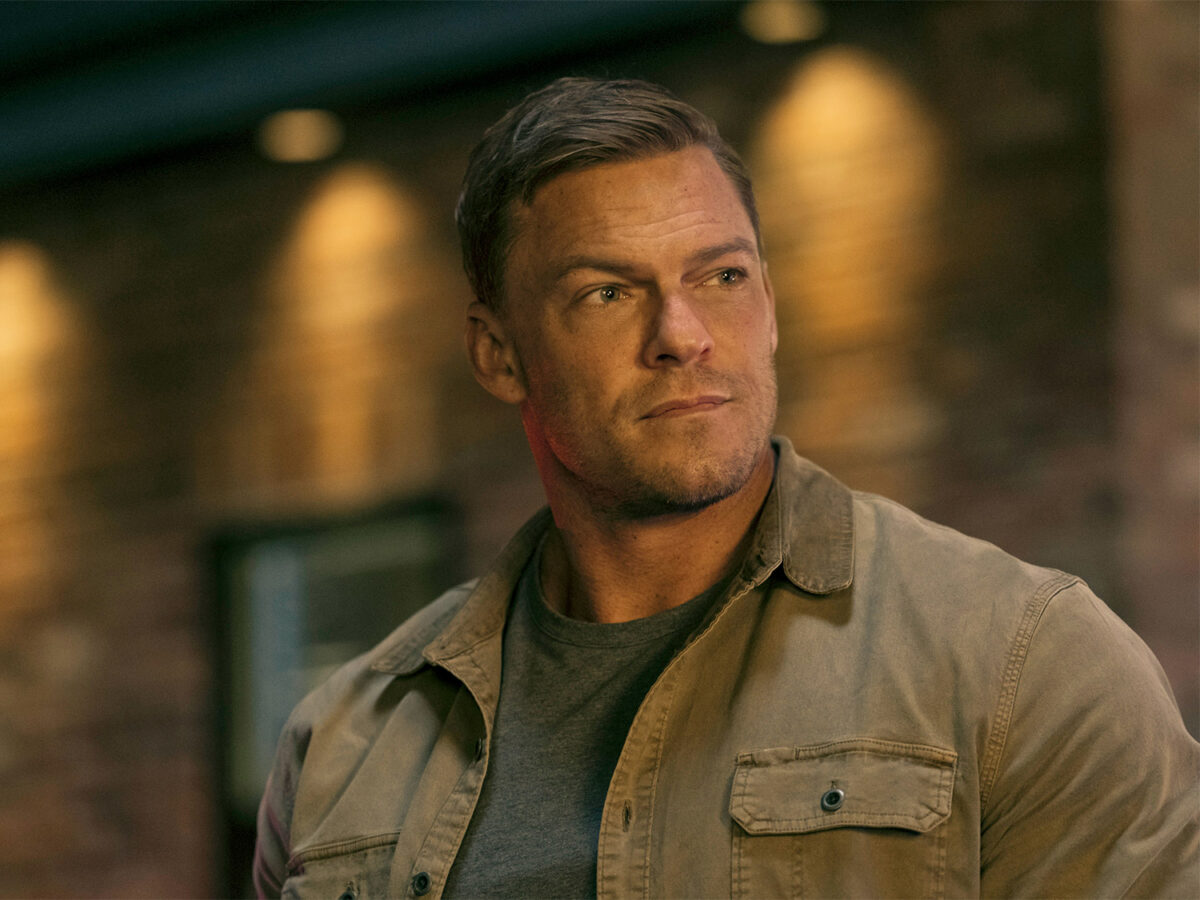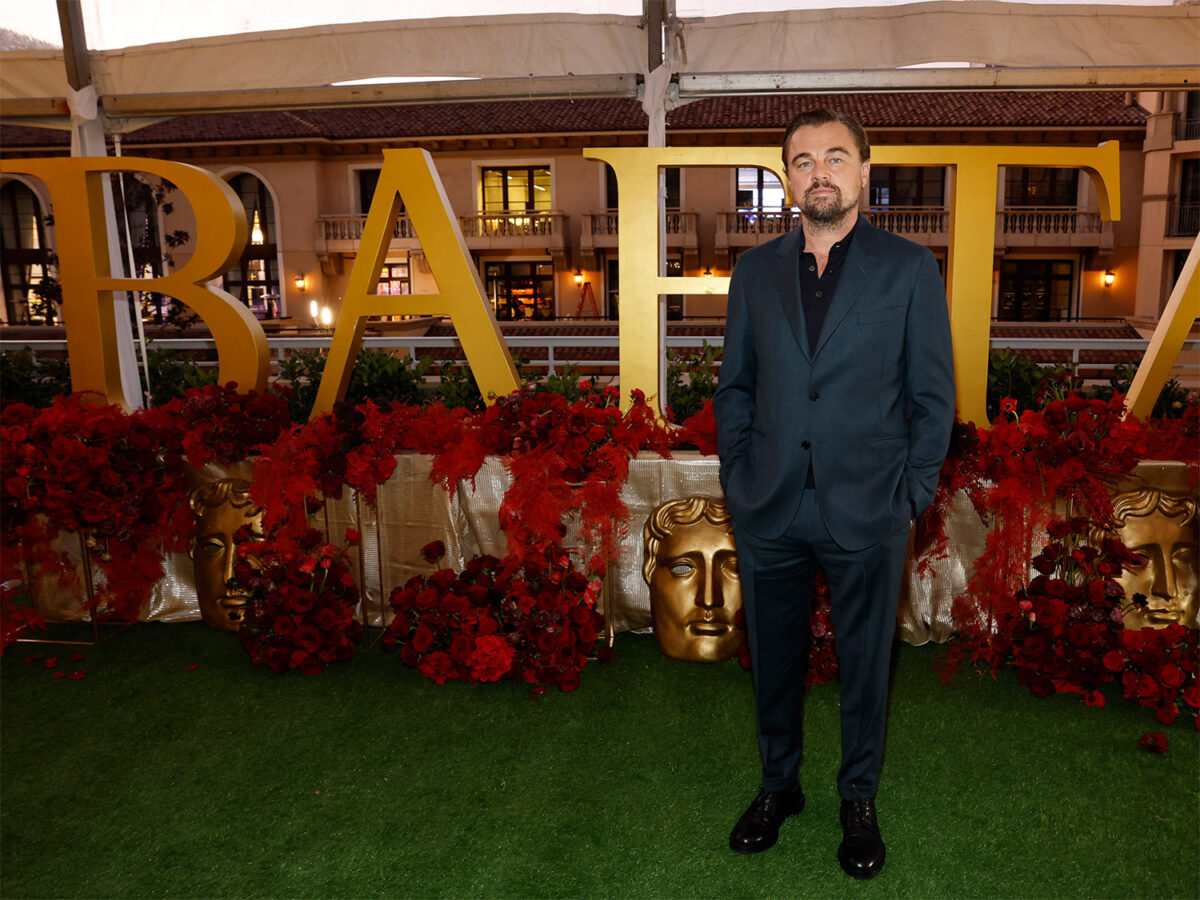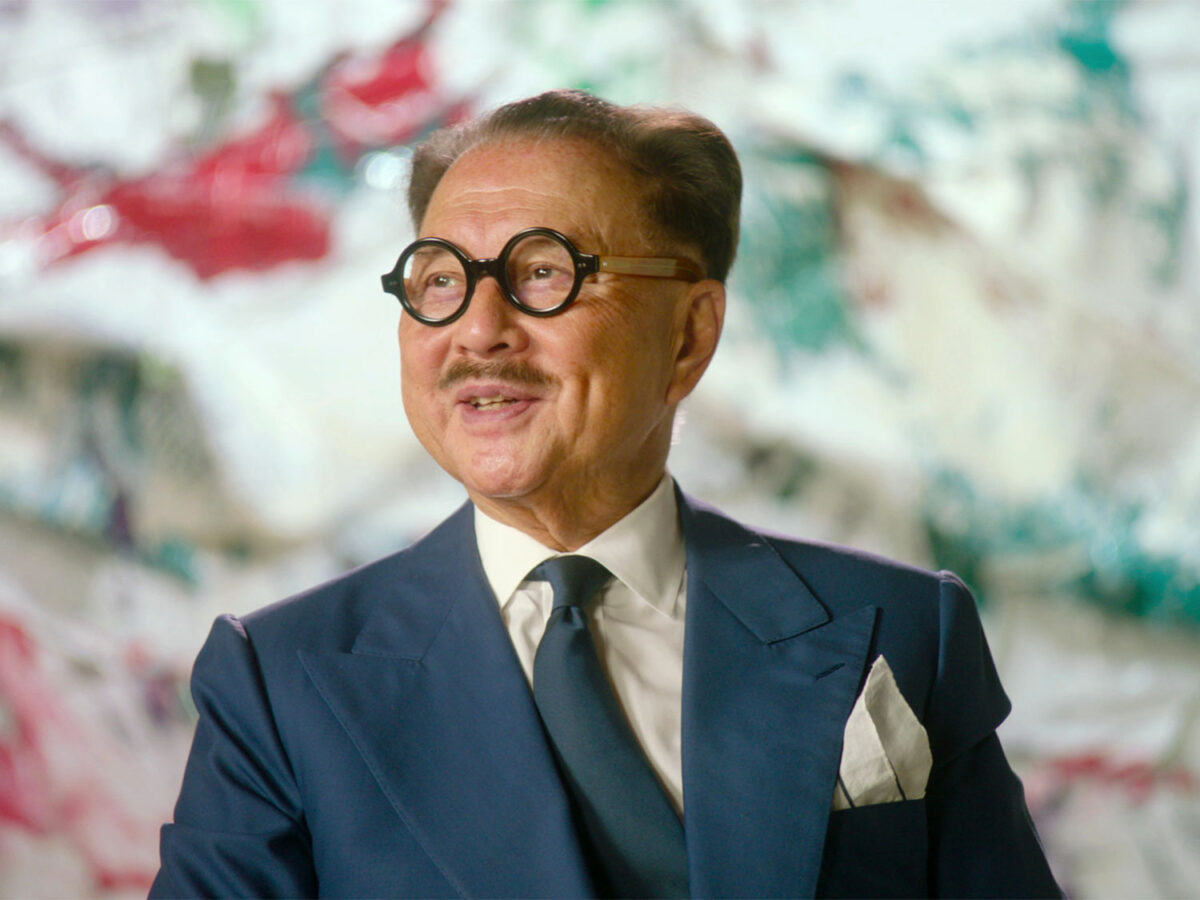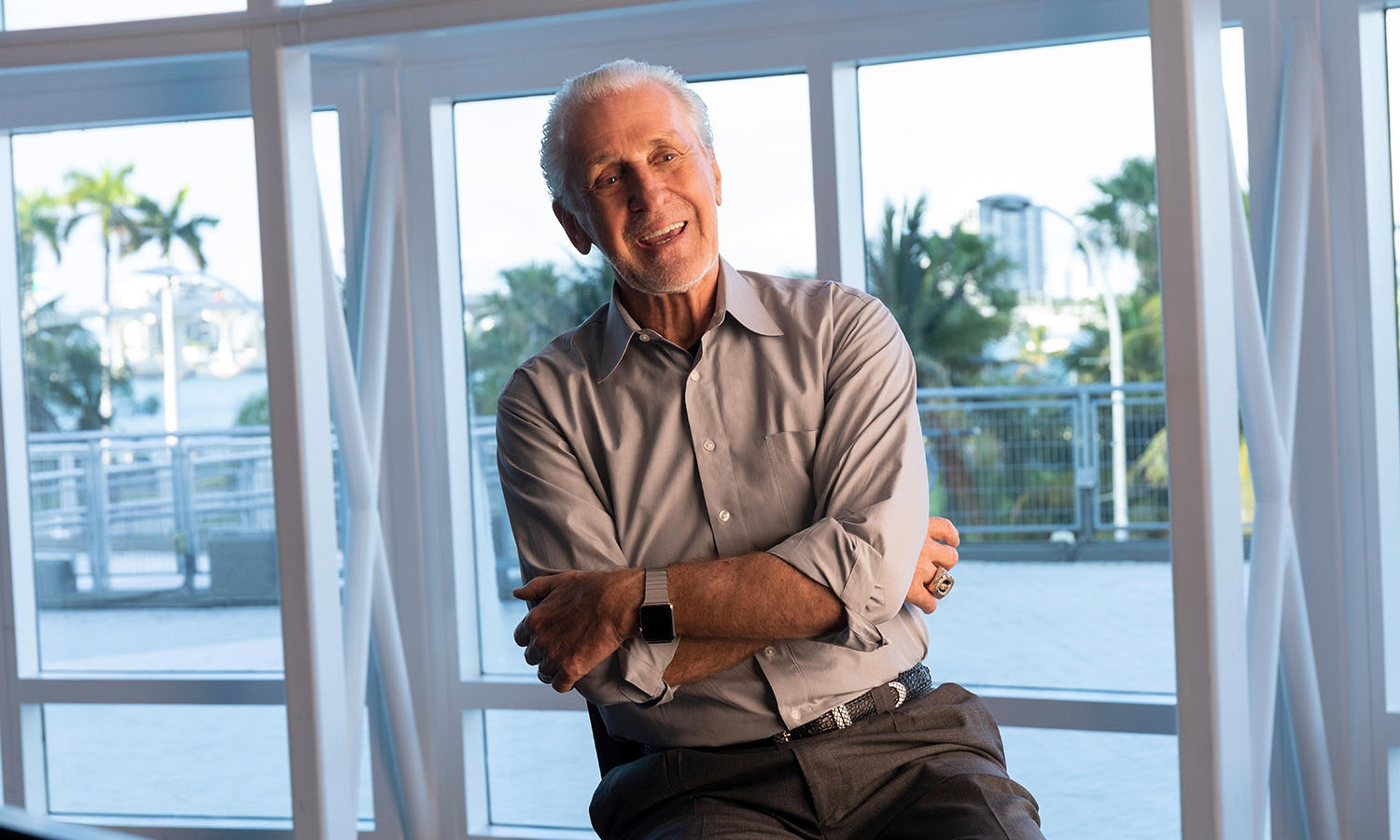
The formidable Antoine Fuqua (“Training Day,” “The Guilty,” “The Equalizer”) was the perfect choice to direct and executive produce the new documentary series “Legacy: The True Story of the LA Lakers” that pulls the curtain back on the legendary Lakers through the Jerry Buss era.
Never a major fan of the so-called based-on-true-events “docu-drama,” give me the real thing anytime. For all the Emmys won by the excellent “People v. O. J. Simpson,” it didn’t come close to the Oscar-winning documentary series “O.J.: Made in America.” As good as “The Dropout” was in telling the story of Elizabeth Holmes and Theranos, it doesn’t compare to Alex Gibney’s documentary called “The Inventor: Out for Blood.” And then you have the popular but flawed new docu-drama called “Winning Time: The Rise of the Lakers Dynasty” that allegedly chronicles the 1980s ascendency of the franchise. It pales in comparison to the true story as laid out in this terrific documentary series in 10 parts.
No piece of filmmaking is ever without bias, whether overt or inherent and this one carries the added baggage of Jeanie Buss, now the President and Controlling Owner of the Lakers, as the executive producer, along with her longtime business associate Linda Rambis, of the series. The immediate temptation, prior to watching the first episode, is to assume that this is a fluff piece meant to bolster the reputation and perception of her as owner and the team as perpetual contender. Well, as Chick Hearn used to say, “The game’s in the refrigerator and the door’s closed.” This outstanding documentary is based on known facts, archival footage, and interviews with the living reminders of the story. Suppositions and rumors, the bread and butter of docu-dramas like “Winning Time” are replaced with a much more believable narrative in “Legacy: The True Story of the LA Lakers.” Jeanie, herself, is an entrancing chronicler of family dynamics and her own ambitions where she sometimes ran into a wall of unequal treatment.
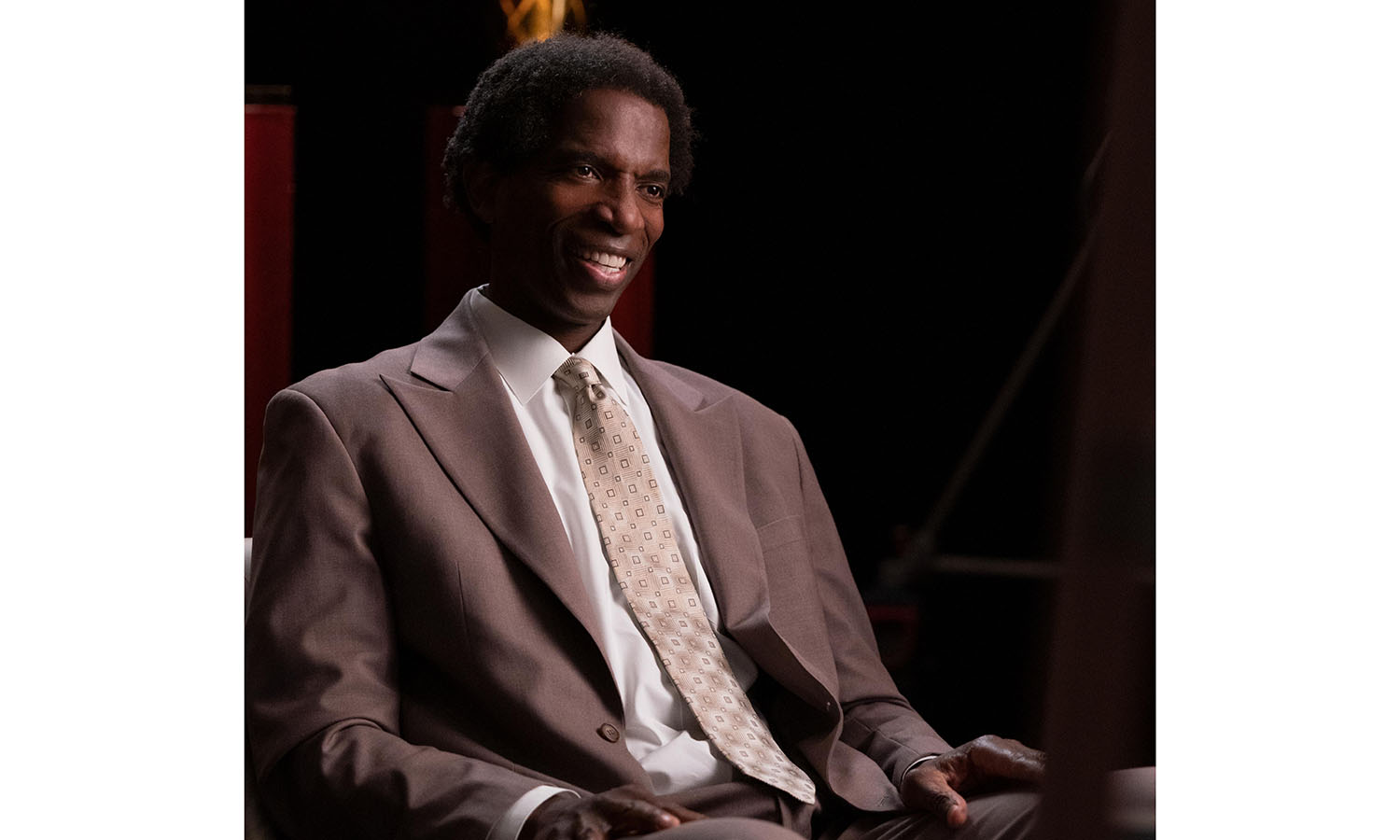
As much the story of the Lakers franchise, beginning in 1979 when Dr. Jerry Buss achieved his lifelong dream of purchasing the team, along with the L.A. Kings, and the Forum arena, it is also the story of Dr. Buss and the children of his first marriage, Johnny, Jim, Jeanie, and Janie. His stated goal, one reiterated throughout the series, was to create a legacy for his children. With enough teams to go around, each would be raised in the business.
As the story goes back and forth chronologically, the now grown Buss children give their impressions of their father, the team, and the goals that were thrust upon them. Johnny, the oldest, is a marvelous narrator of much of the saga. As he explains, buying the Lakers was a huge risk for his father. Baseball and USC football reigned supreme in L.A. Basketball, throughout the country was an also-ran where, allegedly, none of the pro teams were making money. The Forum wasn’t anywhere close to selling out and news of the Lakers’ games was relegated to a paragraph or two on page three or four of the sports page.
Although the story of the Lakers is told almost chronologically, Buss’s personal history is intercut throughout the early episodes. Suffice it to say that he came by the Dr. in his title legitimately – with a Ph.D. in physical chemistry from USC. In 1979 he was finally able to buy the team from Jack Kent Cooke, owner of the Lakers, Kings, and Forum. To find out how, you will have to wait until episode three.
Buss, in archival footage, talks almost incessantly about how he was trying to set up a legacy for his four children. There would be enough sports teams to go around for all of them. Buss, an absentee father, maintained his relationship with his kids by putting them to work at the family business. All four trained selling tickets to the games and eventually Johnny and Jeanie were given teams to run. For Johnny it was the LA Lazers of the indoor soccer league and for Jeanie, still in school at USC majoring in Business, it was the Strings of the new World Team Tennis organization.
The Lakers of the mid-sixties were major contenders with a team that included Jerry West, Elgin Baylor, and eventually Wilt Chamberlain, making it to the NBA finals six times, losing every time to the Boston Celtics. Even with the addition of superstar Kareem Abdul-Jabbar to a team that included Pat Riley, Lucius Allen, Gail Goodrich, and a pre-broadcast Stu Lantz, they fared no better. But Buss and coach West were out to change that, hoping to make the best possible acquisition in the 1979 draft, and for that, they needed to pick first. Buss had seen a young player dominate at Michigan State and he wanted him and no one else. Luck was with them, and they got their first choice – Magic Johnson.
Wide-eyed and innocent, Johnson was a self-described small-town boy (a bit disingenuous as the population of his hometown of Lansing was more than 250,000) who landed in Oz and was going to get to play with one of his idols, Kareem Abdul Jabbar. With a winning personality and a dazzling smile, young (and he was a very young 20) Magic, far from his family, was adopted by Buss and his own children.
The fly in Buss’s elixir was West who informed him he could no longer coach the team. The stress was too much and, like so many other former stars, he was unable to get some members of the team to execute the intricate plays he felt were fundamental to winning. He just didn’t have the necessary patience. Certainly Kareem, Michael Cooper, Norm Nixon, and Jamaal Wilkes could follow him, but too many others, apparently, couldn’t. Unable to convince West to stay, Buss decided to go after the college coach with the best winning record in the country, Jerry Tarkanian. The mob execution of his agent, Victor Weiss, soon after the negotiations, cooled that deal. Was the murder a warning to Buss? To Tarkanian? The crime has never been solved but Tarkanian stayed with the Runnin’ Rebels of UNLV, the Buss family hired more security, and the relative unknown, Jack McKinney, a well-regarded college coach and assistant coach for the Portland Trailblazers, was appointed the new head coach.
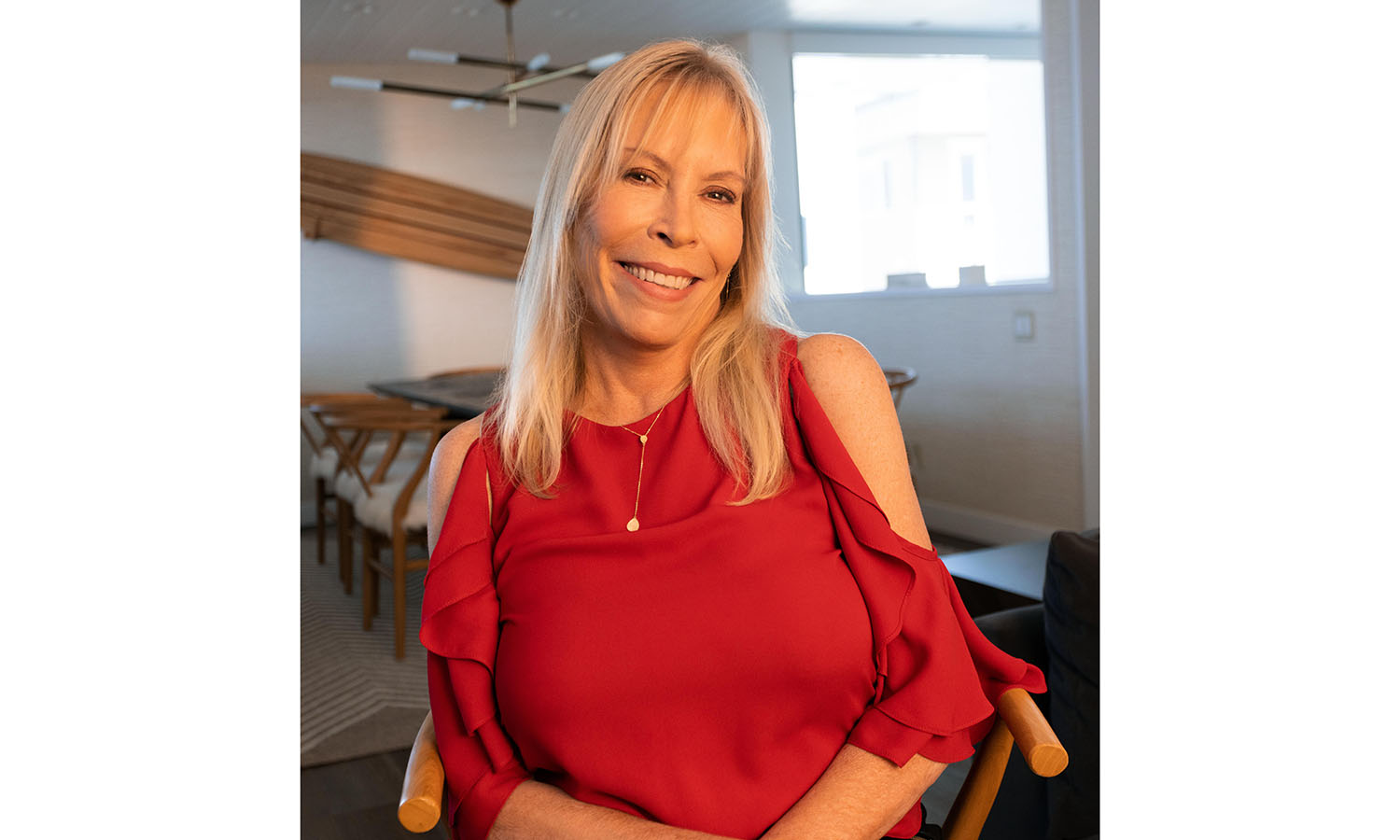
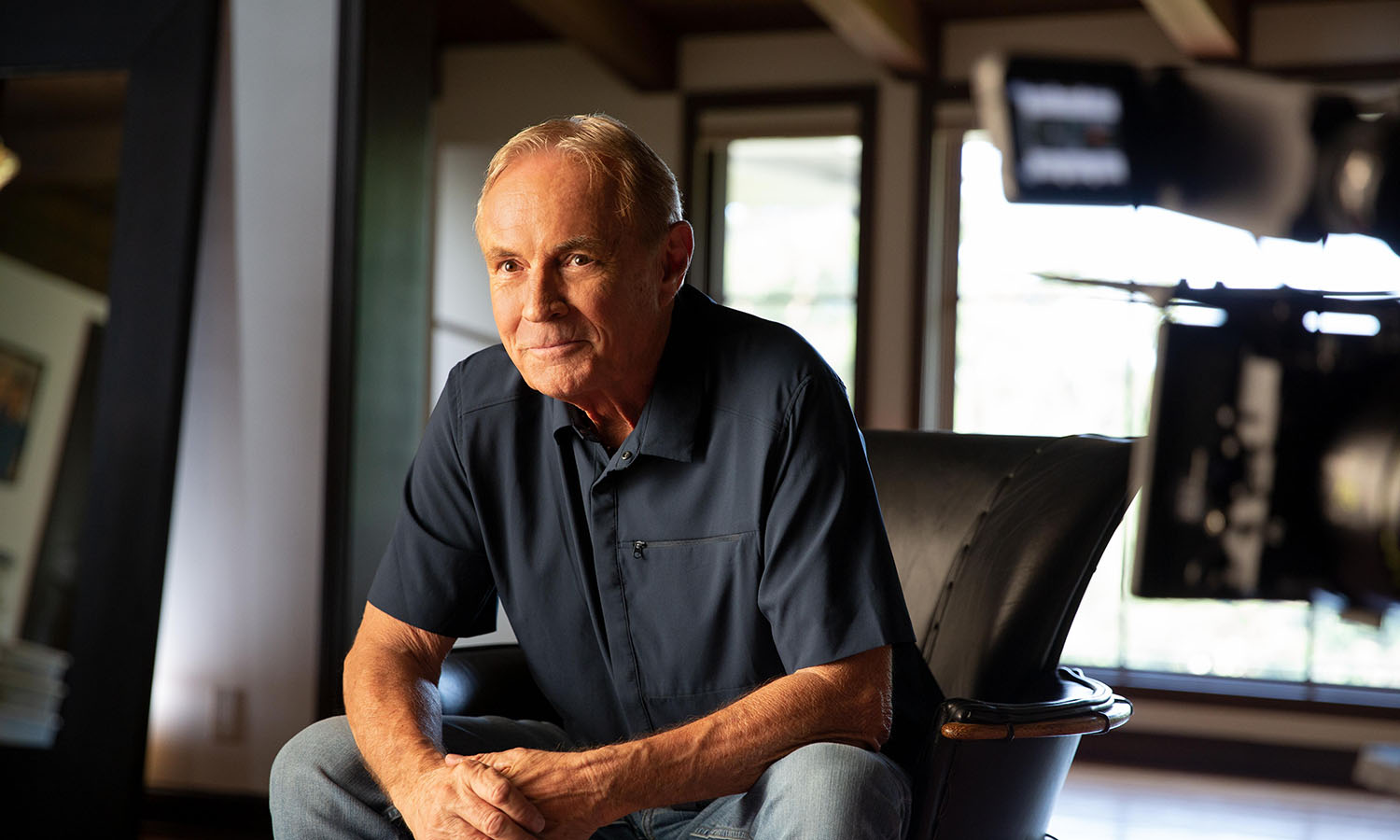
With the best of the 1978 Lakers, Kareem, Nixon, Wilkes, and Cooper in place, they were off to the races in 1980 with the addition of Magic. The run and gun offense suited these players well, although there was palpable tension between Kareem and Magic. From the standpoint of personality, they couldn’t have been more different. Kareem was intellectual, a prominent and vociferous advocate of civil rights, and a jazz fan. Magic was very young, fun-loving, and a fan of R&B. What they had in common was a love of the game. Magic, recognizing the undercurrent of resentment felt by the veteran who felt his status as team leader was being undermined, approached him and asked how he could make his life easier on the court. Problem solved.
But another crisis followed. Soon after the 1980 season started, McKinney suffered a catastrophic bicycle accident and couldn’t return to the team. His assistant Paul Westhead took over, following his playbook to the letter. Needing an assistant to replace himself, he appointed Pat Riley, a former Laker and now a national broadcaster and poet of x’s and o’s.
As his fortunes improved, Buss took a closer look at the economics and atmosphere. By his standards, and at this point he was one of L.A.’s premiere playboys, life at the Forum was somber and boring. They were winning and needed to convey a party atmosphere. A Laker game had to become a must-attend. He improved the marketing, raised the price of floor seats, lowered the price of the nosebleed section, attracted celebrities, and, taking a page from the USC song girls, created the Laker Girls for half-time entertainment. As he announced, this was Showtime. He even started his own cable sports channel, PrimeTicket, to broadcast home games. As he explained to an astonished Jeanie, who strenuously insisted that it would cut into ticket sales, it would instead allow everyone who was unable to get a ticket to their consistently sold-out games to see the action. Buss knew how to milk a revenue stream and he passed that knowledge on to his kids.
Buss pulled a rabbit out of the hat with Showtime and the magic of Magic. The Lakers beat the Philadelphia 76ers to win the NBA championship in his first year of ownership. But Westhead, ready to try his own program, abandoned McKinney’s successful strategy and sought to dominate his players and slow down the game. Grumblings in the locker room led to the infamous press conference by Magic where he stated publicly that he wanted to be traded – he wasn’t having any fun.
Episode two begins where one ended. But there is a happily ever after for the team, if not for the coach. Magic wanted a return to the run and gun. Westhead is fired, and as Kareem points out, Paul couldn’t do what Magic did on the court. Buss exhorts West to return, appointing him offensive coach and moving Riley up to defensive coach. Buss, believing he has outmaneuvered West into returning as coach, gives him the leeway to configure those positions as he sees fit. At the next press conference to announce the coaching decision, West declares that he will be assisting Riley who will be the head coach. As Jeanie points out, for the first time but not the last, West became the shot caller, not her dad.
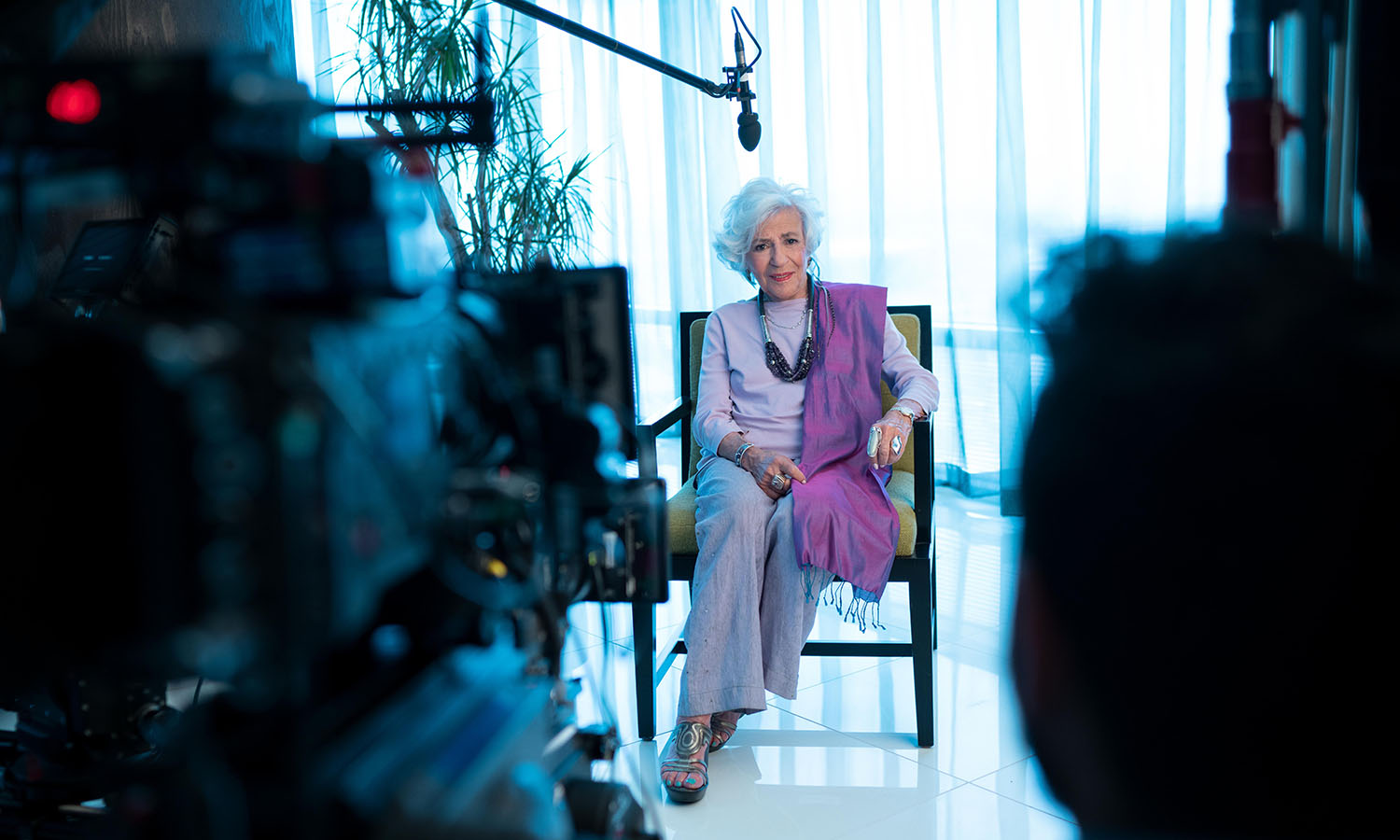
Riley, on his way to great success with the team, fully embraced the concept of family and teamwork. The team thought of Riley as one of them and he was often included in after-hours get togethers. They had known him as a player, as a broadcaster, and as an assistant coach. He transformed his style from casual to Michael Corleone slicked back hair and power suit. He was the coach now and among those who were affected by the change was Jeanie. When greeting him with her traditional “Hey, Riles,” he smiled but informed her that she should now refer to him as “Coach.”
But let me let you discover this wonderful documentary series. Fuqua has interspersed archival footage, home movies and interviews with many of the players. It is an enormous pleasure to hear what the present-day Kareem, Magic, Cooper, Nixon, Kurt Rambis, Wilkes, Riley, and even Westhead have to say about those early years.
The Buss siblings are particularly interesting as they recount stories of their father and their early involvement with the team. Johnny is poised and articulate, a survivor of the ambition and motivation wars. Jim is rather taciturn, still seemingly at a loss. But his willingness to participate in this series after suing his sister and losing control of basketball operations in 2017 speaks of a willingness to put hard feelings aside and tell a balanced story of the family. Janie makes for a very good outside observer, something she has, no doubt, had a great deal of practice being. Knowing what Jeanie became within the organization, it is fascinating to see her progress and mature, adding insight to the domestic rivalries between siblings, both promoted and discouraged by their father. Over the course of the episodes, Jeanie reveals herself to be the logical heir apparent. It’s definitely worth reading the in-depth profile of Jeanie in the Holiday 2021 issue of the “Beverly Hills Courier Style” magazine where she talks about her father, her goals, her aspirations, both present and past, and the family rivalries alluded to in the series.
Claire Rothman, for many years the manager of the Forum, has great insight into the family and the importance played by that iconic arena, now abandoned to music events. Subtly, Claire, now in her 90s, is a reminder that Buss, the playboy, was not sexist in his views of women’s capabilities.
The upcoming episodes hold much wonder, more drama, excitement, and conflict. Having seen 8 of the 10 episodes, Fuqua has positioned the documentary to reflect the changing time and attitudes of the players. Pay close attention to the demeanor and dress of the interviewed athletes through the years. Fuqua has also successfully made L.A. a character in this story. It’s Hollywood; it’s home; it’s comfort and pain; it’s Showtime.
The first two episodes stream August 15, with new episodes streaming weekly on Hulu.



